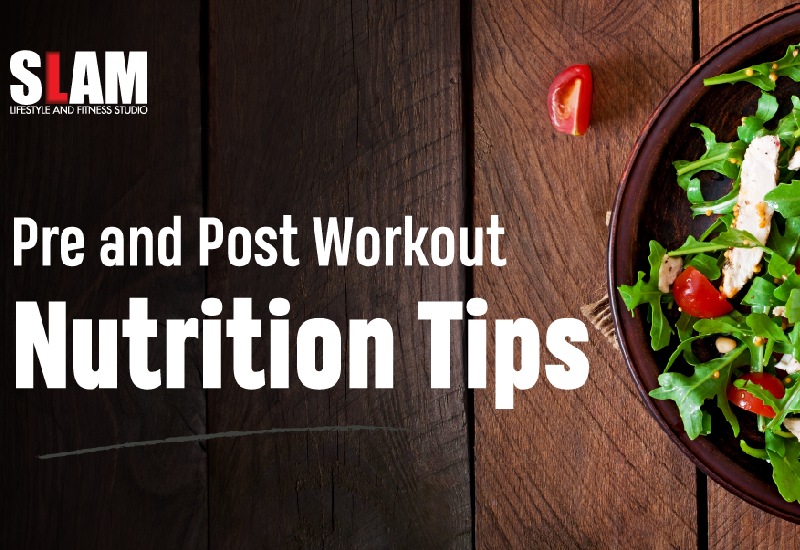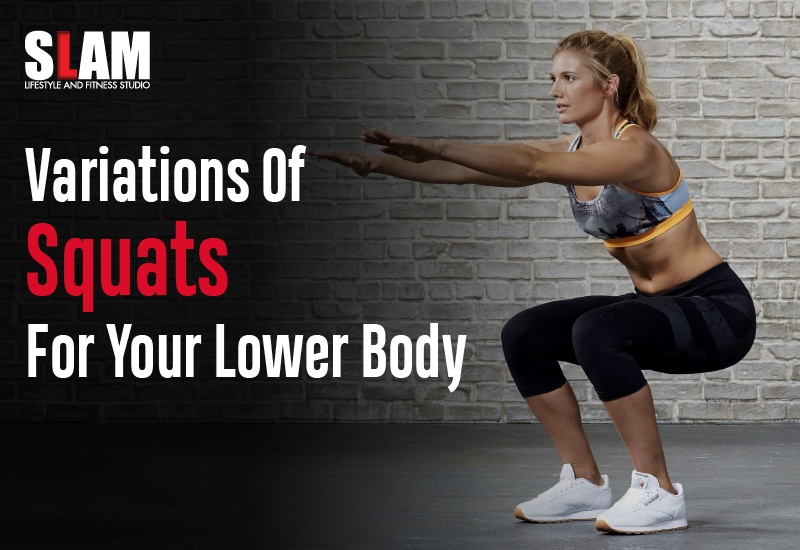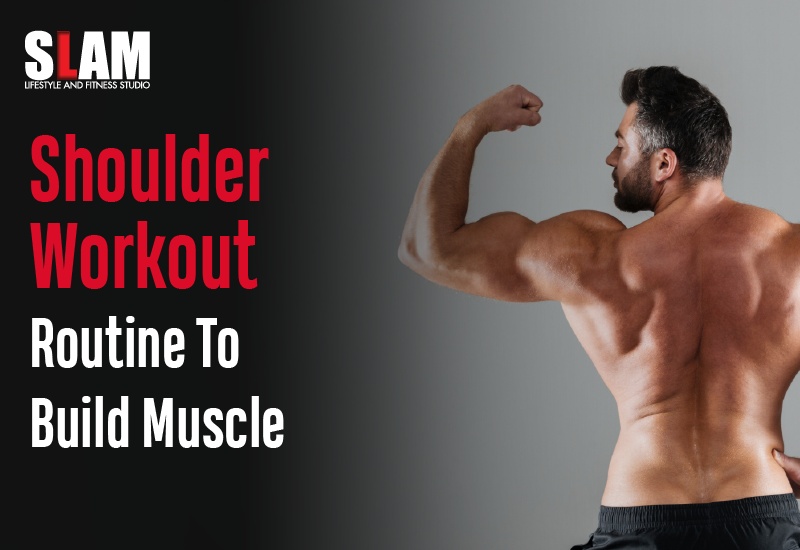Introduction
Hitting the gym is a fantastic way to boost your health, build strength, and achieve your fitness goals. But what you eat before and after your workout is crucial in optimising your performance and results. This blog is your one-stop guide to pre and post workout nutrition, packed with practical tips and insights to fuel your fitness journey!
Whether you’re a seasoned athlete or just starting, understanding the importance of pre and post-workout nutrition is essential. We’ll delve into the science behind your body needs, explore adequate meal and snack options, and debunk common myths.
So, ditch the pre-workout jitters and post-workout slumps! Let’s unlock the secrets of strategic nutrition and help you reach your full fitness potential!

Pre-Workout Power: Dialing in Your Pre-Exercise Fuel
Timing is Key: You hit the nail on the head with the 1-4 hour window. Here’s how to optimise it:
- For Workouts 1-2 Hours Away: If your workout window is tight, opt for a smaller, easily digestible snack that prioritises carbs and a touch of protein. Think banana with almond butter, a rice cake with avocado, or a small fruit and yoghurt parfait.
- For Workouts 2-4 Hours Away: You can enjoy a more substantial pre-workout meal with more time. This allows for a steadier release of energy. Think whole-wheat toast with eggs and spinach, oatmeal with berries and nuts, or grilled chicken with brown rice and roasted vegetables.
Carbs for Energy: Complex carbs are fantastic, but add a touch of simple carbs for a quick energy boost. Fruits like bananas or mangoes or a squeeze of honey in your oatmeal can provide that initial spark.
Remember Protein: Protein is crucial, but focus on lean sources to avoid feeling sluggish. Skinless chicken or fish, tofu scramble, or low-fat Greek yoghurt are excellent options. Consider portion size – a palm-sized amount of protein is usually sufficient.
Hydration is Crucial: Water is critical, but consider adding electrolytes to your pre-workout drink for longer or more intense workouts. Electrolytes, like sodium and potassium, help regulate muscle function and fluid balance, preventing cramps and fatigue. Coconut water is a natural source of electrolytes, or you can find electrolyte tablets or pre-mixed drinks at most sporting goods stores.
Post-Workout Replenishment: Seize the Golden Window
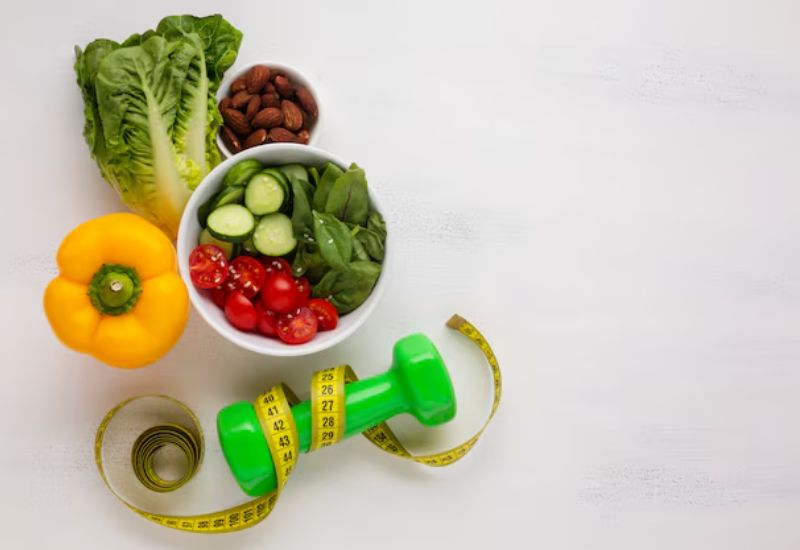
The Golden Window: The 60-minute window after your workout is prime time for recovery. During this time, your muscles are most receptive to nutrients for repair and rebuilding.
Refuel with Carbs and Protein: The 3:1 ratio of carbs to protein is a great guideline. Here’s how to break it down:
- Carbs: Replenish your glycogen stores with easily digestible carbs like sweet potato, brown rice, or whole-wheat pasta. Aim for 1.2-1.5 grams of carbs per kilogram of body weight.
- Protein: Protein helps repair and rebuild muscle tissue. Aim for 0.4-0.6 grams of protein per kilogram of body weight. Post-workout options include a protein shake, grilled chicken breast, or Greek yoghurt.
Hydrate, Replenish, Recover: Water is still your best friend, but consider the intensity of your workout. For high-intensity sessions or those lasting longer than an hour, electrolyte-rich drinks can be beneficial.
Snack Smart: Need more time for a full meal? Here are some recovery-boosting snack ideas:
- Fruit with nut butter
- Chocolate milk (great source of carbs and protein)
- Cottage cheese with berries
- Trail mix with nuts, seeds, and dried fruit
Pro Tips – Pre and post workout nutrition
Listen to Your Body: Experiment and find what works best for you. Some people digest quickly, allowing for a pre-workout snack closer to exercise. Others might feel sluggish with a full meal beforehand. Pay attention to how you feel during your workouts and adjust accordingly.
Plan Your Meals: Prepping healthy pre-portioned snacks and meals saves time and prevents unhealthy choices post-workout when hunger pangs strike—prep snacks like chopped veggies with hummus or portion-out oatmeal for quick breakfasts on workout days.
Consult a Registered Dietitian: A registered dietitian can create a personalised pre and post-workout nutrition plan tailored to your needs and goals. They can help you factor in your activity level, dietary restrictions, and overall health to optimise your workout fuel strategy.
SLAM Fitness
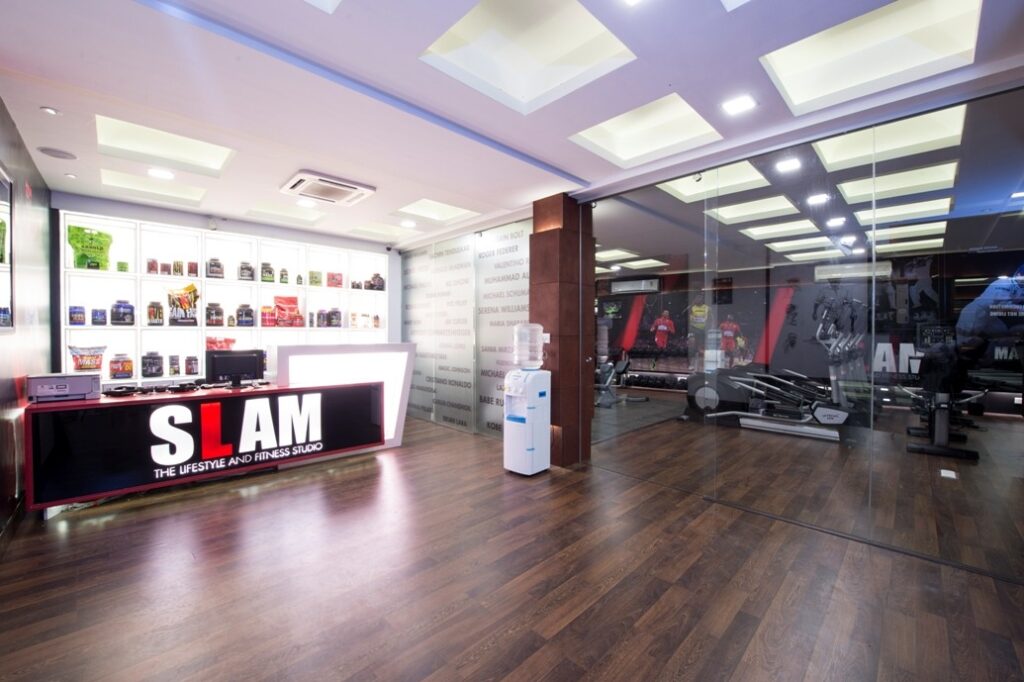
SLAM Fitness Studio is a vibrant fitness facility that serves those looking for full-service exercise. SLAM is well-known for its dynamic environment and state-of-the-art equipment. It provides a variety of fitness courses, such as weight training and high-intensity interval training (HIIT).
Modern equipment and knowledgeable trainers committed to assisting customers in reaching their fitness objectives staff the studio.
Also check – Why Is It Necessary To Have A Personal Fitness Trainer?
SLAM Fitness Studio distinguishes itself by emphasising camaraderie and inspiration. It offers a positive, upbeat atmosphere where people can push themselves, have fun, and experience real improvements in their physical and emotional health.
Conclusion
Remember, you are what you eat, especially in your workouts. By following these pre and post-workout nutrition tips, you’ll provide your body with the essential fuel to perform at its best, recover effectively, and ultimately achieve your fitness goals.
Key Takeaways:
- Pre-workout meals should provide sustained energy and focus, while post-workout meals prioritise muscle repair and replenishment.
- Experiment and find what works best for your body and workout routine.
- Feel free to seek guidance from a registered dietitian or nutritionist for personalised advice.
Fueling your fitness journey is a continuous process. With some planning and the proper knowledge, you can transform your pre and post-workout meals into powerful tools for achieving optimal results. So, stock your pantry with nutritious options, listen to your body’s cues, and watch your fitness goals become reality!
Ready, Set, Fuel!
Now that you’re armed with this knowledge, it’s time to implement it. Conquer your next workout confidently, knowing you’ve provided your body with the perfect pre and post-workout fuel. Remember, consistency is critical. By making intelligent nutritional choices a regular part of your routine, you’ll be well on your way to achieving lasting fitness success!
FAQs
- What should I eat before a workout?
Before exercising, focus on eating foods rich in carbohydrates to fuel your energy reserves and include moderate protein to aid in muscle repair and recovery. A small, balanced meal or snack consumed about 1-2 hours before your workout can optimise your performance.
- How important is hydration before exercising?
Hydration is crucial for optimal performance. Drinking water before a workout helps maintain fluid balance, prevents dehydration, and ensures your body functions efficiently during exercise. Aim to drink 2-3 cups of water 2-3 hours before your workout.
- What are the best post-workout nutrition strategies?
After exercising, your body needs to replenish glycogen stores and repair muscle tissues. Consuming a combination of carbohydrates and protein within 45 minutes to an hour after working out can facilitate recovery. Options include a protein shake with fruit or a lean meal with whole grains and vegetables.
- Can I skip eating after my workout if I’m trying to lose weight?
Skipping post-workout nutrition can hinder recovery and negatively impact muscle growth, even if your goal is weight loss. It’s essential to provide your body with the necessary nutrients to recover, repair, and adapt to your training.
- How does the timing of pre and post-workout meals affect my results?
Timing plays a significant role in maximising your workout results. Eating a pre-workout meal 1-2 hours before exercising provides the energy you need while consuming nutrients within an hour after working out helps your body recover and grow stronger. Missing these nutrition windows can lead to reduced performance and slower recovery times.
